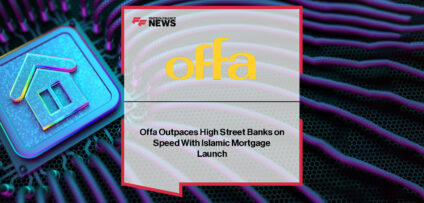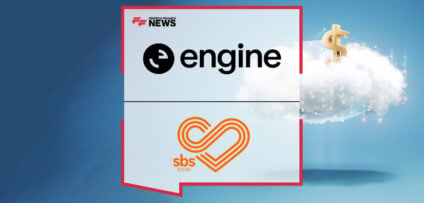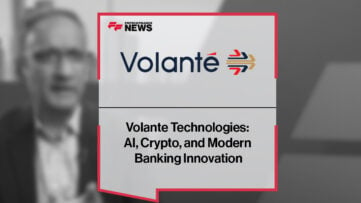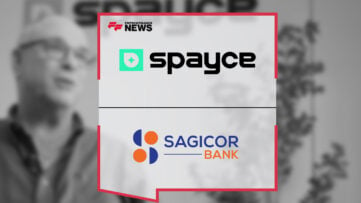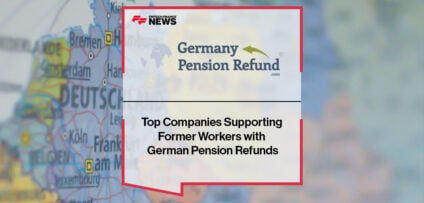Breaking News

Sibos 2016: Blockchain Enabled Cross-Border Payments
The blockchain has been a piece of technology which, over the years, hs gained a lot of popularity and belief. One area that is scarcely spoken about however is using blockchain to help with cross-border payments. Falk Rieker, Global Head of IBU Banking, and Nilesh Dusane, VP Head of Sales at Ripple, gave the audience a magnificent insight into how and why the process is so necessary to the future of payments on a global scale.
It’s been well documented that the hype of blockchain has grown each year dramatically, none more so than between 2014-2015 where investments into the technology grew from 361 million dollars to 690 million dollars. This is an epic amount to be investing in a technology which has no live date for usability but the feeling among the industry is to get ahead of it beffore it takes off in the same way that the internet took off. When large banks such as Santander are quoted as saying that blockchain will reduce a bank’s infrastructure by 15-20 billion dollars per year by 2022, it’s of little wonder that many competitors are wanting a piece of the action.
The vision which Ripple has for the technology they’re developing with the blockchain is to enable the world to move money like information moves today. This comes from a wide collection of feedback by various banks who all said there’s a real area in need of help, cross-border payments. This results from a growing list of big businesses which do lots of cross-border payments everyday, in order for them to pay their staff cheap, effectively and efficiently a solution has been needed for years. Small amounts but thousands of transactions.
The system which is in place currently was designed for high value or batch payments which was great before technology started uniting the world. With IoT on the horizon and the prediction that by 2020 50 billion devices will be connected, the likelihood of micropayments occurring without a second thought by the consumer is increasing magnificently. To combat this, Ripple Connect was created. The messaging system, which needs to be used by the banks the customer and provider use, will help exchange information from one to the other. This will make the transactions transparent and instant before a payment is sent. And when using Ripple’s technology none of the transaction is made public, unlike many areas which use the blockchain to handle payments and both parties are able to see whether or not a transaction was successfully sent and received making the technology a very useful tool for those who need to pay a high volume of little transactions
- DIFC’s Dubai FinTech Summit Expands Globally with Pakistan Digital Authority Read more
- GoldenPeaks Capital Secures Largest PPA Deal in Hungary With Hankook Read more
- Volante Technologies: AI, Crypto, and Modern Banking Innovation Read more
- Payment Spayce and Sagicor Bank: Innovating Fintech for the Caribbean Market Read more
- Top Companies Supporting Former Workers with German Pension Refunds Read more







